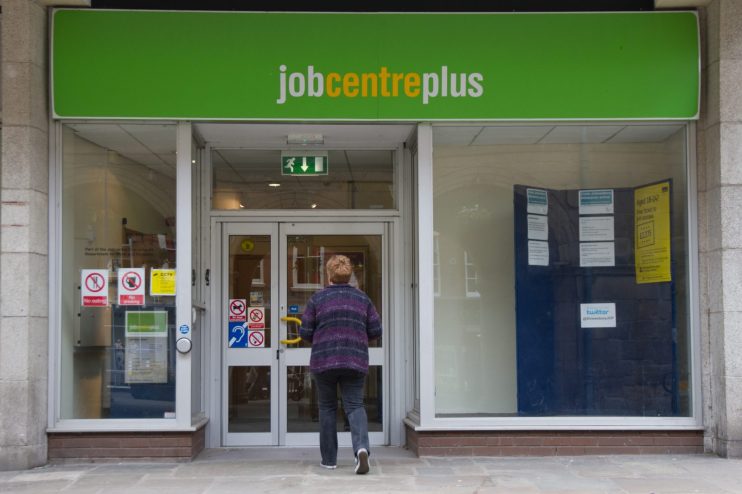Almost one in 10 Londoners to be unemployed by the end of the year

Almost one in 10 Londoners are set to be unemployed by the end of the year as the pandemic continues to wreak havoc on the economy, grim new figures have revealed.
The unemployment rate in the capital is set to hit 9.4 per cent — or 464,000 economically active residents — in December, according to forecasts.
While this figure represents the most likely scenario, analysis found a worst case scenario could result in unemployment hitting 11.8 per cent, or 580,000, by February next year.
The data, compiled by Volterra Partners on behalf of cross-party group London Councils, highlights the ongoing impact of Covid-19 even as restrictions begin to ease.
Boroughs said the numbers show the pandemic will leave a “painful legacy” of job losses in the capital and called for an “urgent reset” of the government’s approach to unemployment support.
The report also revealed the varying levels of predicting unemployment across different demographics and different parts of the capital.
The 16-24 age group is forecast to be hardest hit by job losses, making up around a third of unemployed Londoners.
Ethnic minorities will also suffer more than white Londoners. For example, ethnic minority residents in central London are twice as likely to be unemployed.
‘Local first’ approach
London’s unemployment rate has historically been higher than other parts of the country and while this gap had been narrowing over the last five years, the pandemic is now set to widen the gulf once again.
As of December 2020, the capital’s unemployment rate was 7.1 per cent, compared to 5.2 per cent across the UK more widely.
Central London is set to be the hardest hit by job losses, with unemployment in these boroughs hitting 169,000.
London Councils called for a “local first” approach to unemployment support so that boroughs are better equipped to tackle the issue.
The lobby group said the Job Centre network, which is currently overseen by the Department for Work and Pensions, should be moved alongside borough services.
“This analysis paints a grim picture of worsening job losses,” said Clare Coghill, London Councils’ executive member for skills & employment.
“Unemployment on this scale will have serious and long-lasting consequences – including widening London’s economic and social inequalities even further.
“With unemployment set to be one of the key concerns of the coming months and years, we need an urgent reset of the government’s approach to tackling this issue. Rather than top-down, centralised structures, the government must empower local authorities to develop local solutions for helping our residents back into work.”